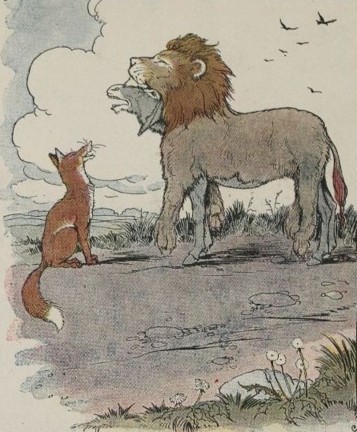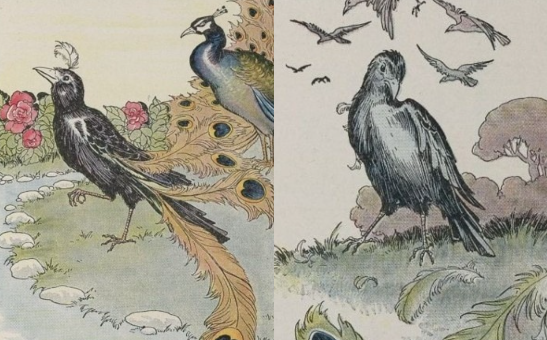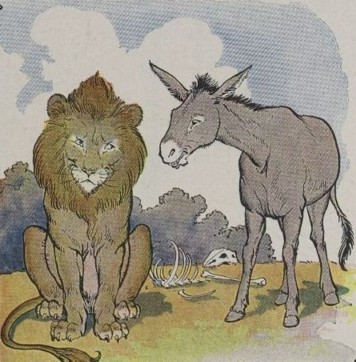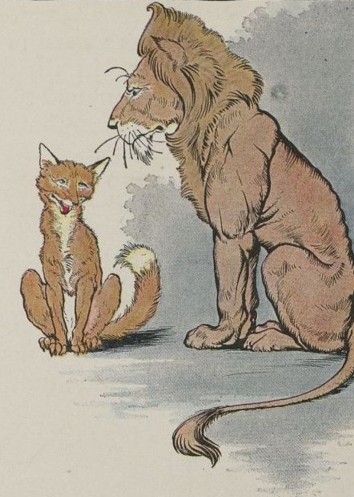PART A_1
Let’s learn vocabulary. Listen and repeat the words and the sentences with your tutor.
PART A_2
| 1. lame | /leym/ |
| -especially of animals; not able to walk correctly because of physical injury to or weakness in the legs or feet | |
| The horse has a lame leg which is why it cannot compete in the race. | |
| 2. wisdom | /WIZ-duhm/ |
| -the quality or state of being wise; knowledge of what is true or right | |
| The old man’s wisdom is greatly admired by the community. | |
| 3. choke | /chohk/ |
| -if you choke, or if something chokes you, you stop breathing because something is blocking your throat | |
| She once saved a child from choking on nuts. | |
| 4. butcher | /BOOCH-er/ |
| -a person who sells meat in a shop | |
| The local butcher said that Kobe’s beef is the best in the world. | |
| 5. trade | /treyd/ |
| -the activity of buying and selling, or exchanging, goods and/or services between people or countries | |
| It is said that tea trade began in the 16th century. |
PART B_1
Let’s read the story. Please read them aloud, and I will check your pronunciation and intonation.
PART B_2
The Wolf and the Ass
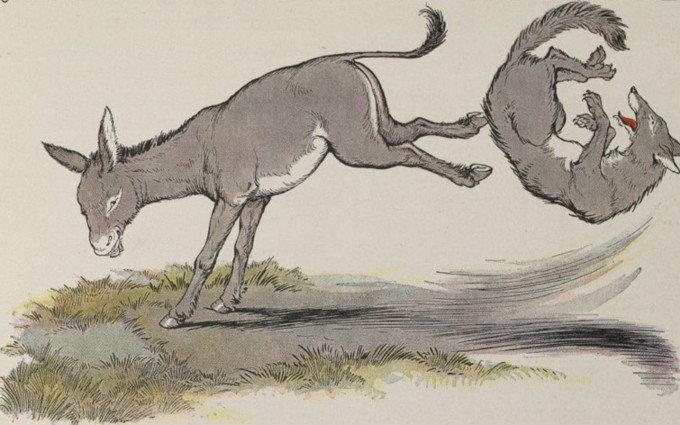
An Ass was feeding in a pasture near a wood when he saw a Wolf lurking in the shadows along the hedge.
He easily guessed what the Wolf had in mind, and thought of a plan to save himself. So he pretended he was lame, and began to hobble painfully.
When the Wolf came up, he asked the Ass what had made him lame, and the Ass replied that he had stepped on a sharp thorn.
“Please pull it out,” he pleaded, groaning as if in pain. “If you do not, it might stick in your throat when you eat me.”
The Wolf saw the wisdom of the advice, for he wanted to enjoy his meal without any danger of choking. So the Ass lifted up his foot and the Wolf began to search very closely and carefully for the thorn.
Just then the Ass kicked out with all his might, tumbling the Wolf a dozen paces away. And while the Wolf was getting very slowly and painfully to his feet, the Ass galloped away in safety.
“Serves me right,” growled the Wolf as he crept into the bushes. “I’m a butcher by trade, not a doctor.”
Stick to your trade.
He easily guessed what the Wolf had in mind, and thought of a plan to save himself. So he pretended he was lame, and began to hobble painfully.
When the Wolf came up, he asked the Ass what had made him lame, and the Ass replied that he had stepped on a sharp thorn.
“Please pull it out,” he pleaded, groaning as if in pain. “If you do not, it might stick in your throat when you eat me.”
The Wolf saw the wisdom of the advice, for he wanted to enjoy his meal without any danger of choking. So the Ass lifted up his foot and the Wolf began to search very closely and carefully for the thorn.
Just then the Ass kicked out with all his might, tumbling the Wolf a dozen paces away. And while the Wolf was getting very slowly and painfully to his feet, the Ass galloped away in safety.
“Serves me right,” growled the Wolf as he crept into the bushes. “I’m a butcher by trade, not a doctor.”
Stick to your trade.
PART C_1
Let’s answer comprehension questions. Please answer them based on the story.
PART C_2
| 1. | How did the Ass save himself from the Wolf? |
| 2. | What did the Ass plead to the Wolf? |
| 3. | What happened when the Ass kicked out the Wolf with all his might? |
PART D_1
Let’s discuss the story. Please answer the questions below and express your opinions.
PART D_2
| 1. | How would you describe the two chararacters? |
| 2. | Do you think the Ass’ plan was clever? Why or why not? |
| 3. | What did the Wolf mean when he said “Serves me right, I’m a butcher by trade, not a doctor”? |
| 4. | Do you think that we should not be concerned with the actions of others? Why or why not? |
| 5. | In your country, is being helpful important? Please explain your answer. |
REVIEW AND FEEDBACK
Now, let us review the things that you learned in this lesson.
ではこのレッスンで学んだことを振り返りましょう。
(Please give a short feedback on how your student did on your class.)
| Grammar 文法 |
Pronunciation 発音 | Vocabulary 単語 |
Comprehension 理解 |
|
|---|---|---|---|---|
 GOOD GOOD |
文法の誤りはほとんどなく、完全な文章で話すことができる | ほとんどの単語をはっきりと正しく発音することができる | 習った表現を適切に使うことができる | 文章を理解し、質問に正しく答えることができる |
 FAIR |
文法の誤りはあるが、完全な文章で話すことができる | 発音の練習が必要な言葉がいくつかある | たまにミスはあるが、習った表現を適切に使うことができる | 文章を完全に理解するのは難しく、質問に正しく答えられないときもある |
 POOR |
文章で話すのは難しく、単語だけで話すことができる | 発音の練習が必要である | 習った単語と表現を少しだけ使うことができる | 文章を理解するのは難しく、質問に答えるのは難しい |
Parts of this lesson material are based on:
An eBook from The Project Gutenberg.
This eBook is for the use of anyone anywhere at no cost and with almost no restrictions whatsoever. You may copy it, give it away or re-use it under the terms of the Project Gutenberg License included with this eBook or online at www.gutenberg.org
An eBook from The Project Gutenberg.
This eBook is for the use of anyone anywhere at no cost and with almost no restrictions whatsoever. You may copy it, give it away or re-use it under the terms of the Project Gutenberg License included with this eBook or online at www.gutenberg.org




